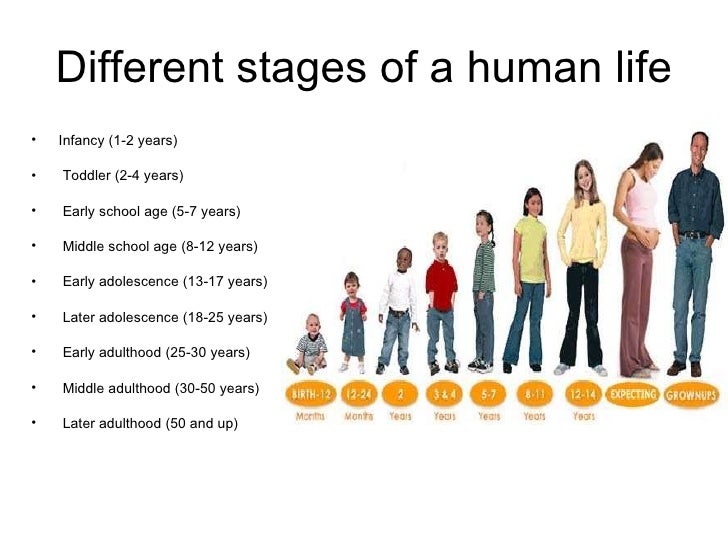Expand your Lifespan Through Nutrition

Nutrition is important throughout life, but different stages
in life have different nutritional requirements.
Pregnancy
Get enough nutrients to help with growth. During the first trimester more nutrients are not necessary. But during the second trimester the mother requires an
additional 340 calories daily and an extra 450 during the third trimester
(Sizer & Whitney, 2013). Eating
these calories as additional nutrient-dense food is the best way to make use of
the energy so as not to put on extra weight that could cause problems. Prenatal vitamins are also a great way to get
the added folate, iron and calcium needed without any excess.
Infancy
Intense growth in the first year of life creates a need for a continuous supply of
nutrients, Vitamin A, D, and Calcium. An
infant requires "100 calories per kilogram of body weight per day"
(Sizer & Whitney, 2013). The most
important nutrient is water because the younger a person is the more their body
is made up of water.
Childhood through Adolescence
Balanced energy consumption and use are important during childhood. The American Heart Association makes this
recommendation "Keep total fat intake between 30 to 35 percent of calories
for children 2 to 3 years of age and between 25 to 35 percent of calories for
children and adolescents 4 to 18 years of age, with most fats coming from
sources of polyunsaturated and monounsaturated fatty acids, such as fish, nuts
and vegetable oils" (American Heart Association, 2015). They also recommend females ages 4 to 8 1200
k/Cal per day and males 1400 K/Cal per day.
Adolescence should also maintain good energy intake/expense
balance. The American Heart Association
recommends that adolescents ages 9 to 13 females should take in 1600 K/Cal per
day and males 1800 K/Cal per day, and ages 14 to 18 females should take in 1800
K/Cal per day and males 2200 K/Cal per day (American Heart Association,
2015). Both childhood and adolescent
should be consuming lots of low fat dairy, fruits, vegetables, and whole grains
on a daily basis.
Adults
Adults should continue this same diet of low fat dairy, fruits, vegetables, and whole grains. As adults begin to age their metabolism slows so the amount of energy intake needs to be adjusted. Physical activity is essential to combating the battle of slow metabolism as people age. Protein intake can remain the same,
carbohydrates and healthy fibers should be maintained to keep the brain and bowels
functioning properly as old age makes this more difficult. Eating the proper
amounts of healthy fats is important to preventing arthritis. Vitamins are still important as we age. Vitamin A should be consumed at 20 micrograms
per day, B`1 a2.4 micrograms per day, and Vitamins E and other antioxidants
such as Zinc are important to maintain the immune system. As with all ages water is extremely important
(Sizer & Whitney, 2013).
adulthood.

Developing healthy habits in children at a young age is the
best way to maintain habits through adulthood.
Parents should begin at infancy and continue these habits until children
are capable of making healthy decisions for themselves. Children live what they learn. Failure to maintain healthy habits can lead
to poor decisions about health that can lead to chronic disease, weakened
immune systems, and early death.
References:
American Heart Association. (January 12, 2015). Dietary
Recommendations for Healthy Children. Retrieved from http://www.heart.org/HEARTORG/GettingHealthy/Dietary-Recommendations-for-Healthy-Children_UCM_303886_Article.jsp
Harvard School of Public Health. (n.d.) Food Pyramids and Plates: What Should You Really Eat?. Retrieved from http://www.hsph.harvard.edu/nutritionsource/pyramid-full-story/
Mehra, N. (January 12, 2011). Human Behavior. Retrieved from http://image.slidesharecdn.com/humanbehaviourppt-110112073952-phpapp01/95/human-behaviour-ppt-14-728.jpg?cb=1294839656
Sizer, F. & Whitney, E. (2013). Nutrition: Concepts and Controversies (13 ed.). Mason, OH: Cengage Learning
No comments:
Post a Comment